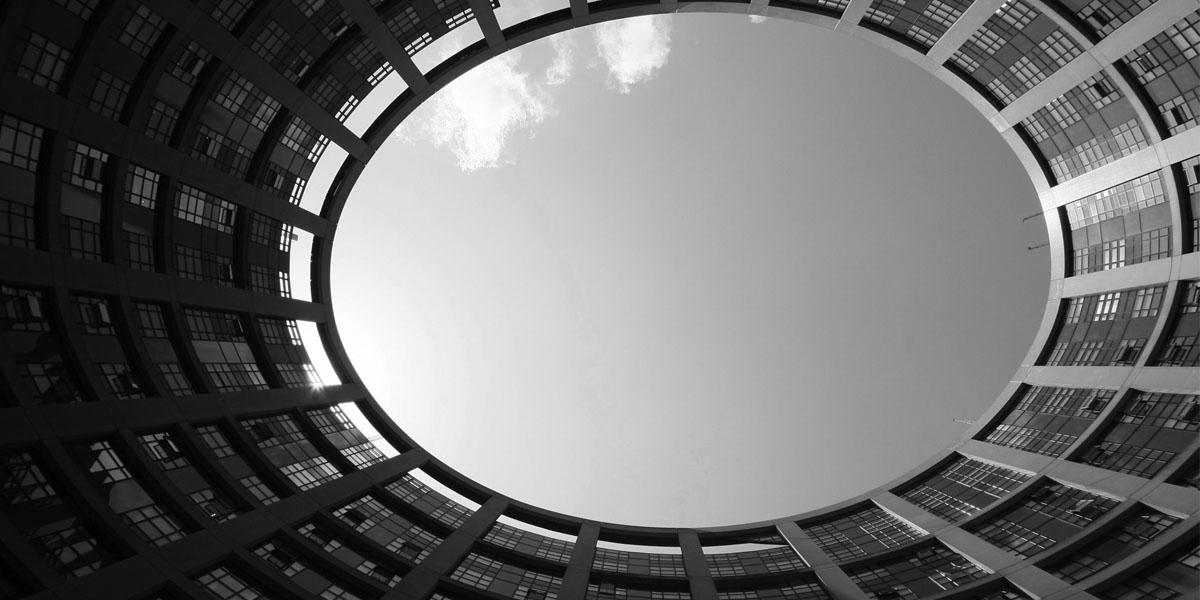To the left: What a new President of the European Commission could mean for politics
When voters go to the polls on Thursday, their vote in the European elections will go further than electing the European parliament. For the first time, it will help to choose the new President of the European Commission. But what...
When voters go to the polls on Thursday, their vote in the European elections will go further than electing the European parliament. For the first time, it will help to choose the new President of the European Commission. But what could this mean for European politics?
The EU is often criticised for a lack of democratic legitimacy of its main policy setting body, the European Commission. In the past, the Commission, including the President or Head of the Commission was appointed by the European Council, ie. the governments of the member states, and then approved by the European parliament. So whilst the consortium appointing the Commission did consist entirely of elected representatives, these intermediaries of indirect democracy were seen by sceptics as decreasing its democratic legitimacy.
The Lisbon Treaty addressed this point; it introduced provisions which will enable the European parliament, the body giving the EU its most significant democratic legitimacy, to appoint the next president of the Commission and link the post to the results of the elections. The newly empowered electorate will be able to use its increased influence for the first time on Thursday.
Consequently, the five main political groups in the European parliament nominated their candidates for the role, who faced each other in the first ever European presidential TV debate held last week and broadcast to an audience in more than 30 European countries. They were Martin Schulz (PES), a German Social Democrat and current president of the European parliament, Jean-Claude Juncker (EPP), former prime minister of Luxembourg, Guy Verhofstadt (ALDE), former prime minister of Belgium and Alexis Tsipiras, leader of the opposition in Greece for the Party of the European Left. Ska Keller, German MEP and José Bové, former French presidential candidate, were jointly chosen for the European Green Party, Ska Keller being the only female presidential candidate.
The title ‘presidential debate’ is slightly misleading. The European Union has not only one, but three presidents: The President of the European Parliament, the President of the European Council, and the President of the European Commission. The candidates applied for the latter last Thursday.
The job description itself is demanding: The Commission president’s duties include leading the Commission’s work in implementing EU policies, taking part in G8 meetings, and giving political guidance to the work of the Commission.
The challenges the next Commission will have to face are immense: youth unemployment throughout Europe is at a record high; the fiscal crisis in several southern European countries remains challenging; Euroscepticism is increasing; and there are big question marks about how to achieve Europe’s future prosperity.
The role of the European Commission president will not only be to put these issues on the agenda, but to shape the legislative measures to tackle them. Although the European parliament can propose legislation through own initiative reports, the majority of legislative proposals will come from the Commission. Progress is driven and shaped by those who hold the pen. The influence of Europe’s top job holder will be significant.
According to a recent poll by the Cicero Group, the EPP has a marginal lead over the PES to become the largest group in the European Parliament. Mr Schulz, the PES candidate, enjoys a reputation of being competent and sensible, but he is more likely to get the top job if the left does well on Thursday.
Schulz’s key mantra is that he does not want more Europe, but a different Europe. He pledges a gender balanced Commission, which given the meagre female representation among the presidential candidates would establish the EC as a role model for gender equality. Having a president from the centre left would also shift the focus of current fiscal European policies away from austerity towards a more balanced approach of fiscal discipline and investment, and a more proactive approach towards youth unemployment. It would put the PES’ vision of democracy, equality, and social justice at the heart of the European Commission.
Given that the Greens are likely to support Mr Schulz’s appointment, this progressive alliance would also revive the idea of the European dream of solidarity and unity that puts the wellbeing and prosperity of all European citizens above the rivalries between individual member states, a notion eloquently presented in the debate by the Green candidate Ska Keller, and too rarely discussed in the British discourse.
A newly empowered Commission president will face opposition from high senior European figures, such as Germany’s Angela Merkel and the current European Council president Herman van Rompuy. They have questioned the EP’s aspirations to link the election results to the appointment of the Commission president, arguing that the role has to suit Member States’ expectations first. The new Head of the Commission will need to be a political heavyweight equipped with increased legitimacy to promote their chances when negotiating with the Council, both of which they could gain through a high turnout throughout Europe.
The impact of voters on Europe’s future has never been stronger than in the upcoming elections. A win for the PES in the European elections would mean that progressives would not only be leading in Parliament, but also in the Commission. The EU is at its best when it works as a force for good, promoting equality, solidarity and welfare for its citizens. A high turnout matters more than ever in order to shift Europe to the left.
